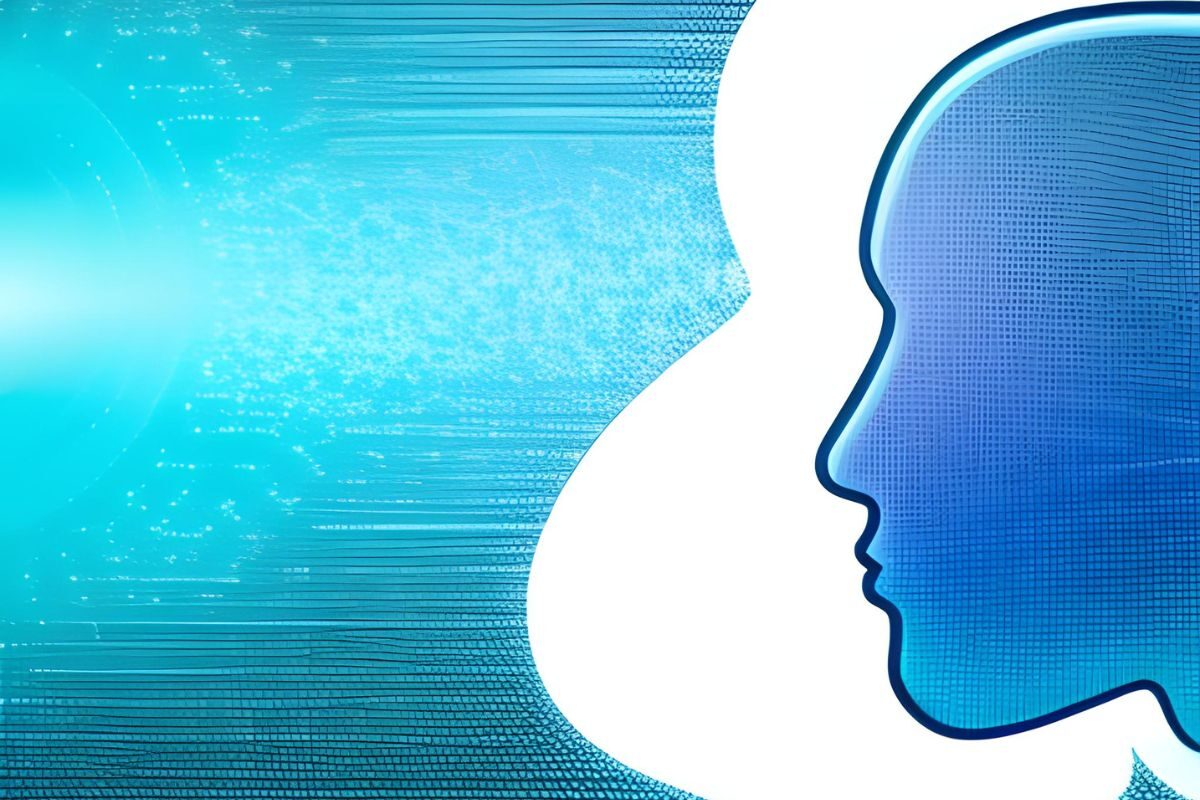Two thirds of teachers think AI is too unreliable for the classroom, new report finds

Two thirds (63 per cent) of teachers think generic artificial intelligence (AI) tools, such as ChatGPT, are too unreliable and inaccurate for them to be effectively used in the classroom, a new report has found. But given such widespread student adoption of generative AI tools*, more than one in ten (13 per cent) teachers also say schoolwork grades need to be reformulated due to an ‘assumed use of AI’.
When asked in what ways the Department for Education (DfE) should incorporate AI into the curriculum, over half (54 per cent) of the 1,012 teachers who took part in the study say students should be taught the ethical implications of using AI. Over a third (38 per cent) of teachers think students should be given a foundational understanding of how AI works. But just 4 per cent believe that students should have access to AI tools during exams.
Less than a quarter (23 per cent) of teachers say they have used AI tools in their teaching in the past term but, such has been the interest in tools such as ChatGPT and Google Gemini, that only one in five (19 per cent) now think AI shouldn’t be incorporated into the curriculum by the DfE. More than a quarter (27 per cent) think AI should be integrated into maths and science classes, 16much of it should be integrated into all compulsory national curriculum subjects, and 13 per cent think the schoolwork grading should be reformulated to consider the assumed use of AI by students doing out-of-class tasks.
The study – commissioned by international examination board Trinity College London – reveals that much of the profession (54 per cent) think AI will revolutionise teaching in unforeseeable ways. Headteachers are especially bullish on this point. 79 per cent agree that AI will revolutionise teaching within the next five years. However, half (54 per cent) of all teachers remain unconvinced that every classroom will use a personalised AI assistant any time soon, as was predicted by Rishi Sunak at the end of last year.
Three fifths (61 per cent) of teachers think they would be more confident and use AI more if they were trained in how to use it effectively. They also do not doubt the possible benefits with almost half (46 per cent) thinking that better use of AI in the classroom would improve educational outcomes by allowing them to spend more time working directly with students. Only 22% think AI wouldn’t improve student performance.
A third (32 per cent) of teachers told the examination board and publisher that, in the next five years, they expect to rely on AI to customise lesson planning and resources for individual students in the future. 34 per cent think all teachers should be encouraged to use AI to mark, give feedback and grade student work. And a fifth (21 per cent) think students should be encouraged to use AI as a homework ‘co-pilot’.
29 per cent of teachers now think students should be banned from use of AI in the classroom, with 31 per cent saying students should be encouraged to use AI to develop their problem-solving and critical thinking skills.
The findings also suggest that fears that AI will threaten jobs seem overblown. Less than one in five (19 per cent) think that AI will allow the government to replace those who are leaving the profession.
The research was commissioned by Trinity to help it better understand the needs of teachers while developing its own AI-powered teaching platform. The company is currently training it’s ‘NoteLab’ digital solution, which will enable teachers to save time in lesson planning, provide greater depth of learner feedback and offer access to its academic syllabus to ensure progression is personalised to specific student needs.
Erez Tocker, chief executive of Trinity College London, which assesses nearly 1 million candidates each year in music, drama, combined arts, and English language, says that:
“Teachers’ scepticism towards generic AI tools underscores not a rejection but a call for precision and reliability. Notably, the research indicates that a quarter of teachers are already incorporating AI into their instruction, signalling a readiness for change, provided these tools meet their exacting standards.”
Mr Tocker added that: “When used ethically, AI can become a pivotal tool in expanding traditional learning boundaries and fostering creativity, critical thinking, and problem-solving skills. Integrating AI seamlessly into education will help prepare students for a future where technology and human creativity converge, rendering education more inclusive, effective, and forward-thinking.”
Writing in Trinity’s report “Friend or foe? Teacher attitudes to artificial intelligence“, David Weller, learning & development manager (digital skills) at the University of Exeter, said that:
“AI is probably going to force more change than previous tools because teachers will quickly realise the futility of setting certain tasks. Much as the calculator made setting homework for simple arithmetic redundant, so teachers will have to come up with more interesting ways to set homework that doesn’t rely on lower order skills such as memorisation and regurgitating facts.”
Last October, Professor Yike Guo, provost of Hong Kong University of Science and Technology whose expertise is AI, data mining and machine learning, said that:
“As AI advances, the purpose of education will need to change. Teaching will become about encouraging pupils to think more, to ask more, and to doubt more. Rather than asking pupils to write an essay, teachers should already be encouraging their classes to think about the prompts they need to ask a machine to do it for them. That will not only help a student to organise their thinking but will also prepare them for the future”.











Responses